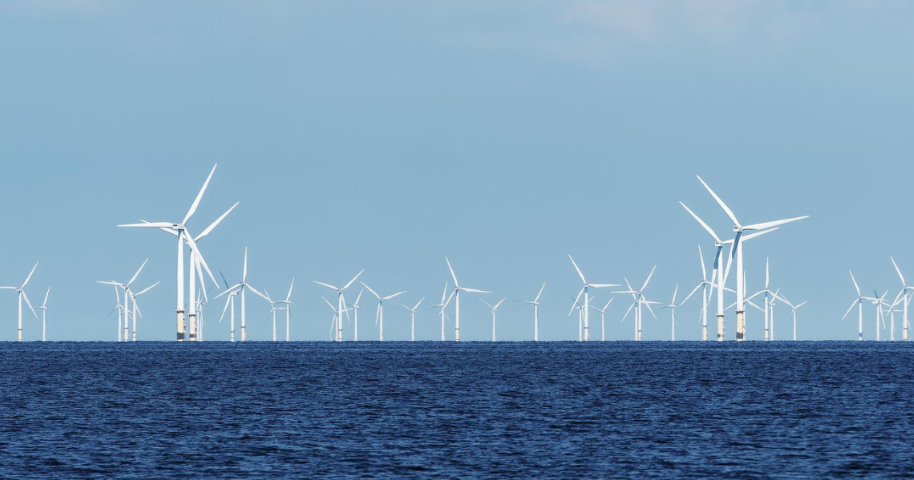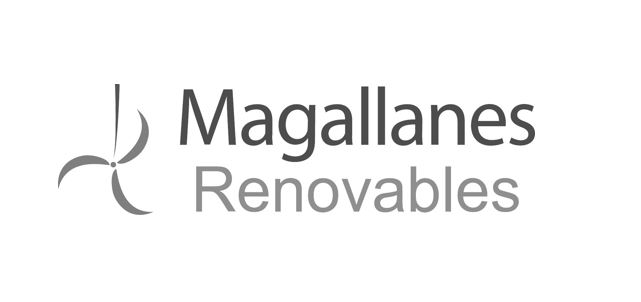BLOW
Project: BLOW (Black Sea fLoating Offshore Wind)
Timescale: 2023 – 2028
Funding: +€21 million
Project Overview
BLOW is an initiative aimed at harnessing the floating offshore wind energy potential of the Black Sea.
The project will implement a 5 MW demonstrator in the Black Sea, paving the way for industrial mass production and the deployment of floating offshore wind farms. By coupling synergies with the oil & gas sectors, the BLOW project aims to accelerate the energy transition in the region and foster societal acceptance and cross-border policy development.
Project objectives
The goal of BLOW is to achieve an expected Levelized Cost of Energy (LCOE) of €87/MWh by 2028, and an even more ambitious target of €50/MWh beyond 2030. Additionally, they aim to reduce the environmental impact of the project by 40%.
EMEC’s Role
As an associated partner on the project, EMEC will lead on delivering an environmental impact assessment in addition to an assessment on project safety and risk.
EMEC will develop an environmental impact assessment framework for floating wind technology demonstration by performing an analysis based on international best practices, focusing on the environmental stressors recognised to this date in the sector. Data collection will cover both subsea and airborne acoustics impacts, turbine-bird interactions, subsea collision and entanglement risks, ecosystem displacements and habitat changes.
Findings from this detailed data processing will be collected and made openly available to the environmental and regulatory communities, to help inform and guide future floating wind deployments at the Black Sea. An Open Access scientific publication will also support the dissemination of these findings amongst international scientific community.
EMEC will also work with project partners to assess and develop a framework for risk and safety management for reducing risk in technology demonstration.
Potential risks will be identified amongst developers, site owners, and the supply chain, and mitigation actions agreed. A HAZID risk assessment will also be performed looking at areas such as design of the system and power export infrastructure.
Partners
- Power Systems group at IREC (lead partner)
- Eolink
- Petroceltic Bulgaria
- Gsp Offshore
- Universitatea Maritima Din Constanta
- Beia Consult International Srl
- The Centre For European Policy Studies
- Bexco
- Mce Gmbh
- Sivas Cumhuriyet Universitesi
- Denizustu Ruzgar Enerjisi Dernegi
- Fraunhofer Gesellschaft Zur Forderung Der Angewandten
- Forschung Ev
- Acciona Generacion Renovable
- Minno-Geolozhki Universitet St Ivanrilski
- Brunel University London
- European Marine Energy Centre (EMEC)
More information about the project in cordis.
Funding
Funded by the European Union. Views and opinions expressed are however those of the author(s) only and do not necessarily reflect those of the European Union or CINEA. Neither the European Union nor the granting authority can be held responsible for them.






